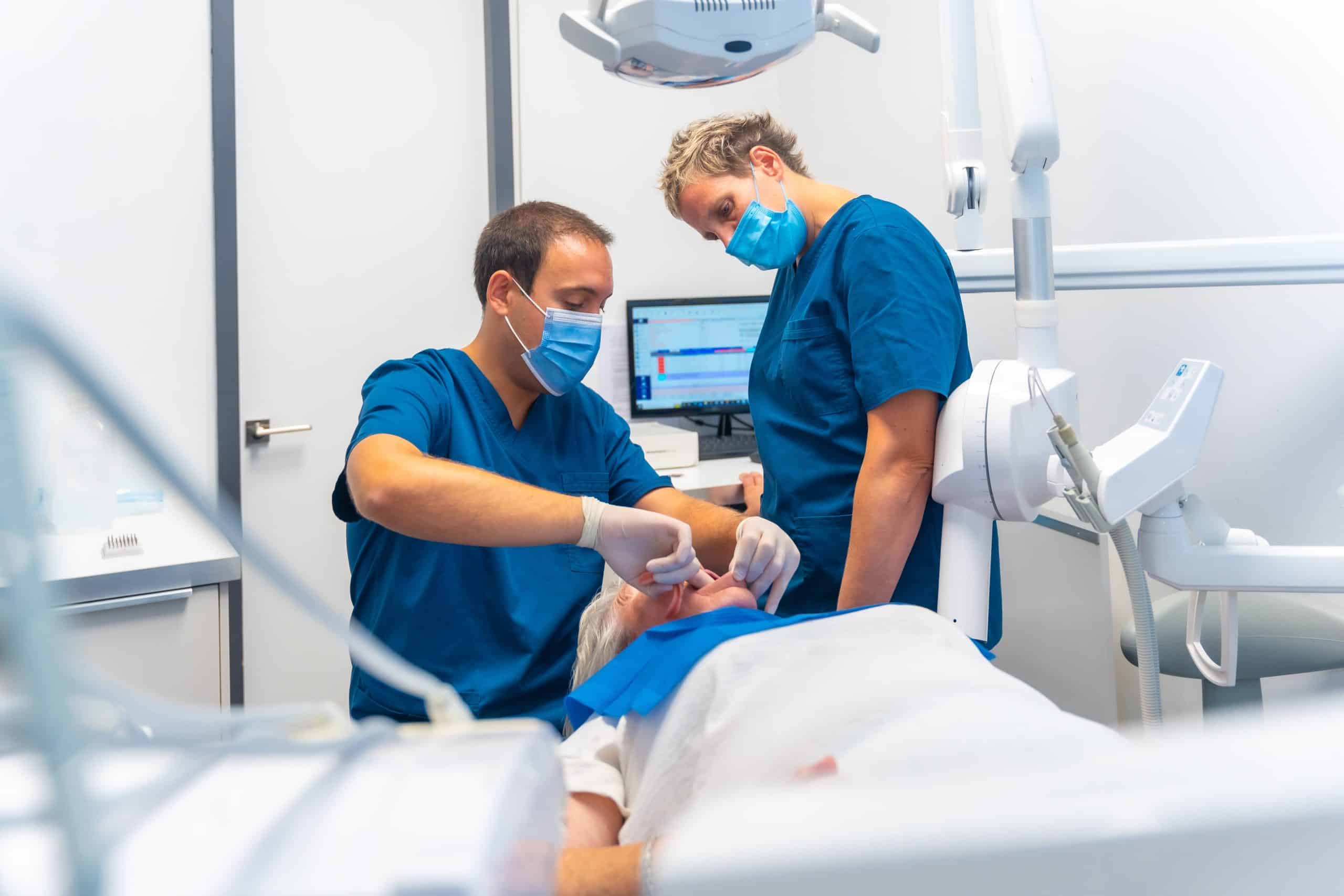An emergency dentist provides urgent care for sudden dental problems that can’t wait for a regular appointment. Knowing when to seek immediate help is fundamental for protecting both oral health and overall well-being. Understanding the situations that require an emergency dentist makes sure patients receive timely treatment and avoid complications.
Severe Tooth Pain
Intense tooth pain that persists for hours signals a serious problem. This type of pain often indicates infection inside the tooth or damage to the tooth’s nerve. Over-the-counter pain medicine may not provide relief when the problem is this serious.
Throbbing pain that gets worse when you lie down or bend over needs immediate attention. The pain may spread to your jaw, ear, or head. Swelling around the painful tooth may also indicate an infection that requires emergency dental services. An urgent care dentist will examine the tooth and take X-rays to find the source of pain. They may prescribe antibiotics to control infection or perform procedures to relieve pressure inside the tooth.
Broken, Chipped, or Knocked-Out Teeth
Accidents that damage teeth require immediate emergency dental care. A completely knocked-out tooth needs treatment within an hour for the best chance of saving it. Handle the tooth by the crown only and avoid touching the root.
Rinse the tooth gently with water if it’s dirty, then try to place it back in the socket. If this isn’t possible, keep the tooth moist by placing it in milk or holding it between your cheek and gums. Contact an emergency dentist right away.
Broken or severely chipped teeth also need prompt treatment. Sharp edges may cut your tongue or cheek, and the exposed tooth interior becomes vulnerable to infection. Save any tooth pieces you find and bring them to your urgent dental care appointment.
Uncontrolled Bleeding or Swelling
Heavy bleeding from your mouth, gums, or tongue requires immediate attention. Bleeding that doesn’t stop after applying pressure for about 15 minutes may indicate a serious injury or infection. This type of bleeding often occurs after dental trauma or surgical complications.
Facial swelling, particularly around the jaw or neck, signals a potentially dangerous infection. Swelling that makes it difficult to swallow or breathe requires emergency treatment. These infections can spread rapidly and become life-threatening without prompt medical attention. An emergency dentist will identify the source of bleeding and provide appropriate treatment. They may need to stitch wounds or drain infected areas to stop the bleeding and prevent further complications.
Lost or Damaged Restorations
Crowns, fillings, or bridges that fall out or break leave teeth vulnerable to damage and pain. The exposed tooth structure may be sensitive to temperature changes and pressure from chewing. Bacteria may enter the tooth through exposed areas, leading to infection. Don’t use household glue or other inappropriate materials to reattach dental work. These substances may damage your teeth or gums.
Keep the restoration safe and bring it to your emergency appointment. The dentist may be able to reattach it or will need to create a replacement. Prompt treatment prevents further damage to the affected tooth.
Visit an Emergency Dentist Now
Dental emergencies require immediate professional care to prevent complications and preserve your oral health. Severe pain, trauma to teeth, uncontrolled bleeding, and lost restorations all require urgent dental care. Contact an emergency dentist immediately to schedule a visit if any of these symptoms occur.

